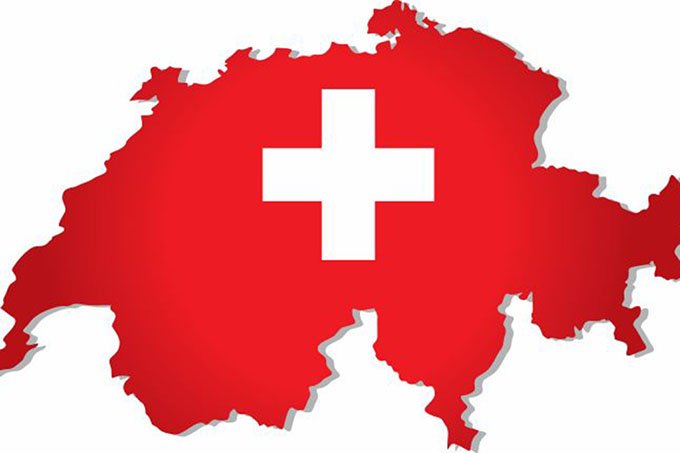 Switzerland's State Secretariat for Economic Affairs reported that the Swiss unemployment rate is at 3.1% for June, higher than the previous month's 3% and expectations of 2.9%.
Switzerland's State Secretariat for Economic Affairs reported that the Swiss unemployment rate is at 3.1% for June, higher than the previous month's 3% and expectations of 2.9%.
This shows that the condition of the labor market is relatively stable, though it is still facing some instabilities as the economy continues to recover.
According to data provided by the Swiss National Bank, the GDP is expected to rise by 3.5% this year, revised up from its previous forecast of a 2.5% - 3% expansion. Inflation is expected to be anchored at 1% in the long run, which is below the bank's target.
Because of this, the bank insists on keeping its ultra-loose monetary policy stance and decided to leave cash rates at -0.75% in its last meeting. The appreciation of the Swiss franc is another factor that has pushed the SNB to hold this position and has caused the bank to intervene in the foreign exchange markets multiple times.
The federal government has approved about 40 billion francs in spending, which has been mostly used on matters related to COVID-19, namely unemployment benefits and support for local businesses. Social expenditure currently stands at CHF 21,300 per resident, its highest level in 20 years.
Like the rest of the world, Switzerland has been struggling against the spread of the COVID-19 virus. Since the beginning of the pandemic, 704,352 COVID-19 cases have been reported in Switzerland, as well as 10,896 deaths.
Switzerland has been relatively successful at containing the spread of the virus, despite the Delta variant now accounting for 30% of the new contagions.
The government recently decided to relax entry restrictions to travelers from the Schengen area and other selected countries, as well as allow for large events and looser outdoor mask-wearing requirements.
So far, 7,742,005 vaccine doses have already been administered with 3.26 million individuals now fully vaccinated, which accounts for about 38.1% of the population. Despite the relatively fast vaccination pace, around 20% of people over 80 have not been vaccinated, which is concerning to the health ministry.
So far this week, the Swiss franc has dropped by 0.26% against the US dollar, losing ground for the second consecutive week. Yesterday, the Swiss franc went down by 0.14% against the greenback, going down for the third consecutive day and closing the session at the 1.0803 level.
It is believed that the main reason behind those losses is the increase in risk appetite, caused by the fact that now the global economy is recovering. The economic downturn caused by the spread of COVID-19 had previously pushed investors towards safe-haven assets, among them the Swiss franc.
By 7:44 GMT, the Swiss franc went up by 0.33% against the US dollar, hitting the 1.0837 level.

